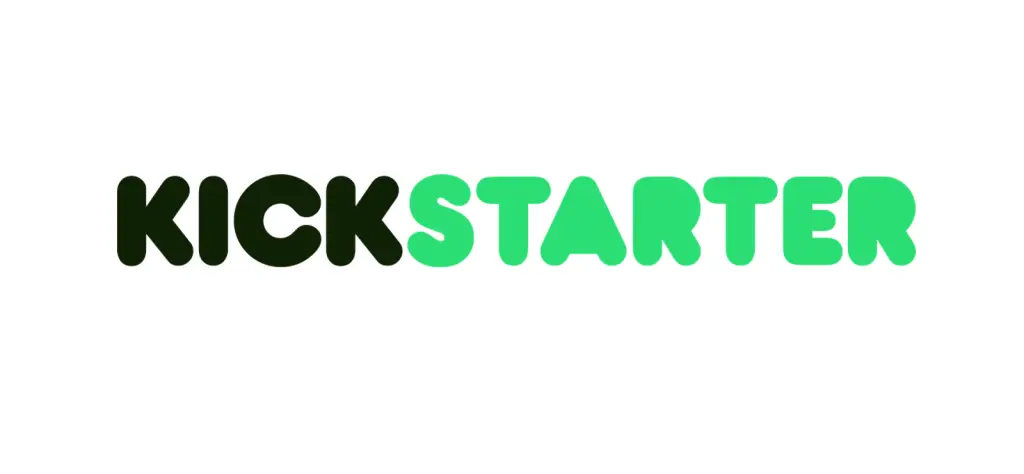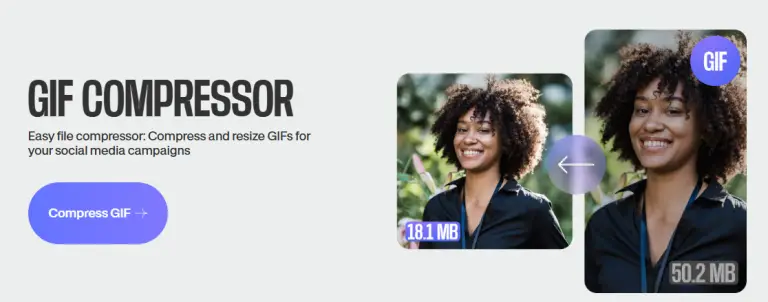
In response to the new tariff policies introduced by the Trump administration, crowdfunding platform Kickstarter has announced the launch of a new feature called the “Tariff Manager.” This feature allows project creators to impose additional surcharges on already-funded projects to offset the extra costs incurred under the new tariff regulations.
Currently, this feature is applicable only to goods shipped to addresses within the United States. Project creators can designate surcharges based on the shipping destination to help balance the increased costs arising from tariff impacts.
However, not all backers may be willing to pay these newly introduced surcharges. In such cases, they will have the option to decline payment, after which project creators may choose to facilitate refunds. Kickstarter has indicated plans to offer additional options, though specific details have yet to be disclosed.
Kickstarter stated that this feature is intended primarily to ensure that products requiring additional charges due to unforeseen circumstances can recover associated costs, thereby preserving the financial equilibrium of crowdfunding campaigns while maintaining transparency for backers.
Given that many Kickstarter-funded products are manufactured and assembled in factories located in China, Vietnam, and similar regions, the new tariffs imposed by the Trump administration will inevitably add to the shipping costs for goods destined for the United States. Many of these projects completed their crowdfunding campaigns last year or even earlier, meaning that products now preparing for shipment will likely face substantial additional tariff burdens.
As a result of these new tariffs, numerous chip manufacturers have already begun bracing for potential losses. Meanwhile, several U.S. retail channels have warned consumers of price increases beginning in May, with some products potentially being withdrawn from sale altogether due to prohibitively high tariffs. Furthermore, platforms such as Shein and Temu—which previously benefited from exemptions on import duties for small packages—will see these exemptions revoked under the upcoming tariff policies.


